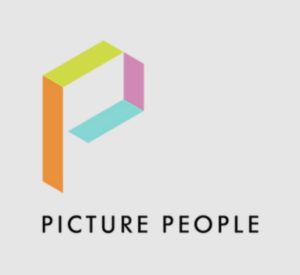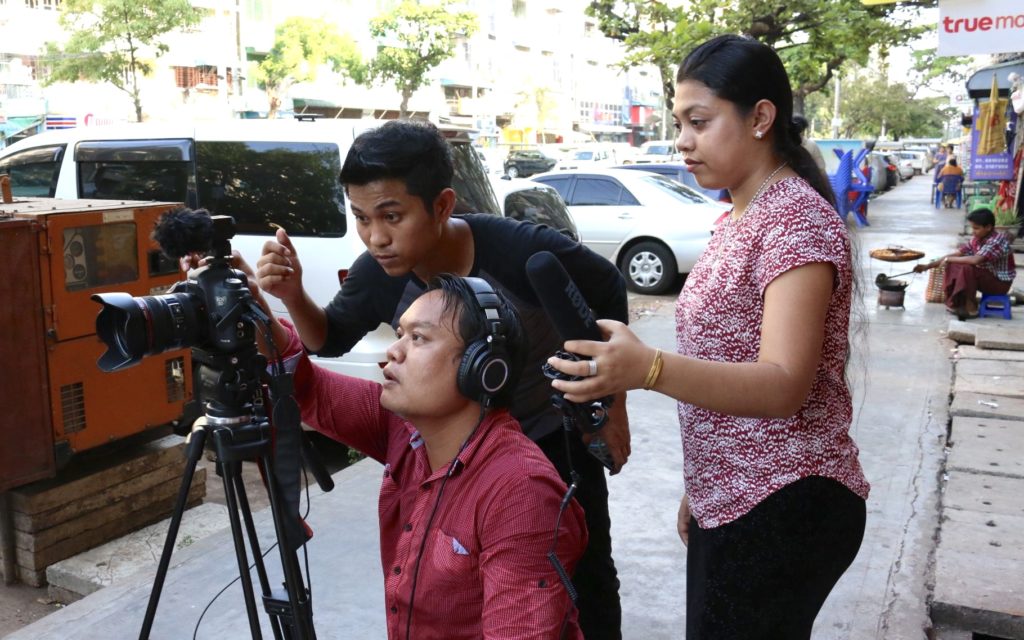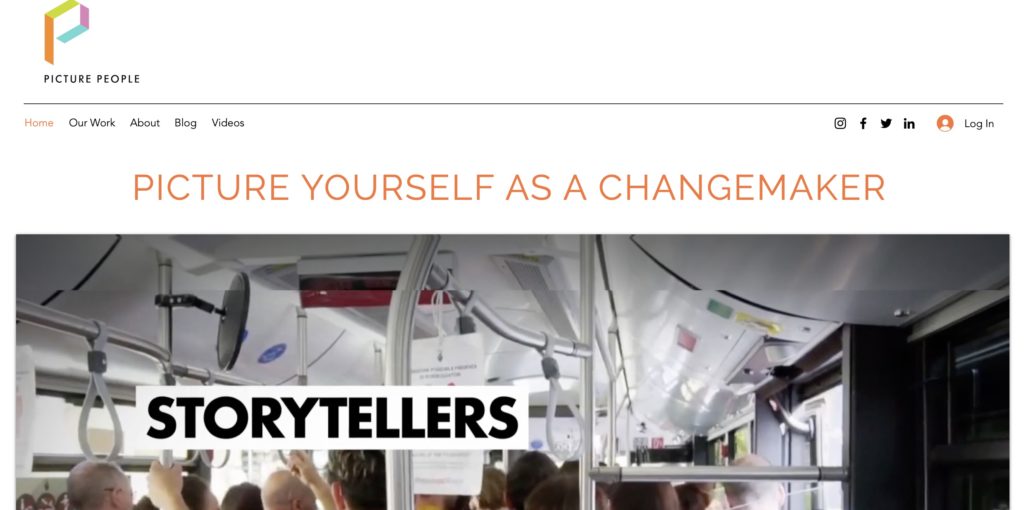In 2004, Picture People (PP) started in Bam, Southeast Iran, in response to a horrific earthquake that claimed over 25,000 casualties. Its goal: teach communication and media making skills that contribute to social change, especially in areas affected by war and disaster. In more than 20 countries, PP continues to react to global events and has developed projects aimed at using video and photography as the medium to convey people’s self-made visual testimony in post-disaster situations.
As part of the ongoing series highlighting the newest Video for Change Network members, earlier in June 2021, EngageMedia’s Egbert Wits spoke to PP’s co-director, Claudia Modonesi, to learn more about their work.
Egbert: How are things with you and with Picture People in general?
Claudia: We are doing well. We just published a new website, we have a new logo, a new face with more colours. Last year was difficult, with lots of standstills both in our activities and in fundraising. Yet, starting February 2021 everything started moving forward quickly. We recently did an internal impact study and developed our theory of change, which really helped us focus on what it is that we really want to do. The process also helped us to connect with local partners and refresh our own branding. We are now in a position from where things can start to move again.
Egbert: In general, how would you say Picture People practices Video for Change?
Claudia: PP trains and supports people, especially those living in vulnerable and marginalised areas, in using and producing video in their community. We run short workshops and trainings for filmmakers, activists, NGO communication officers, journalists, or creative people that work directly with communities and who are willing to use their skills to advance social change.
We tend to return and work in the same places to deepen our understanding of the local community’s challenges, which in turn helps us to shape our training according to their needs and maximise the impacts of their work. Our training usually targets a small number of participants, the vast majority of which has little or no filmmaking experience, and we use DSLRs or mobile phones to produce short videos. We also discuss how their videos can create impact and assist in campaign designs that can create social change at the local level.
PP has returned to Myanmar for seven consecutive years, every year delivering training to ethnic minorities in different regions of the country. Here are two examples of films produced by Myanmar participants:
- Priority, a short film that is part of a campaign by the Myanmar Federation of Persons with Disability to advocate for behavioural change in giving priority seats to disabled people in public transport.
- Without, a short film on the lack of access to clean water which has been worsened by droughts due to climate change. The film was part of a campaign to appeal to the Myanmar government to increase water supply to affected regions in Myanmar.
Egbert: You are currently busy organising the 16th Summer School in Cinema, Human Rights, and Advocacy. Can you tell us a little bit more about this event?
Claudia: The Summer School will run from 30 August to 8 September, and it coincides with the Venice Film Festival. It consists of a 10-day intensive program with screenings, learning sessions, program development, private meetings, and joining film screenings from the Venice Film Festival.
We are already receiving applications from all over the world. This year we are also able to provide scholarships for children’s rights experts, and this has attracted lots of interest from young professionals working in this area. We are still accepting applications until the 20th of June.
We will screen The Price of Free, which won an Emmy in 2019. It tells the story of Nobel Prize winner Kailash Satyarthi and his efforts to free child slaves in India. We will have the director there and other NGO people who have worked on making this film and the impact campaign a success. Finally, we are very fortunate to be doing this summer school offline, in each other’s presence.
Egbert: What are some of the challenges that Picture People faces in its work?
Claudia: (Laughs)… There are so many. Shall we start with fundraising? But also finding strong partners, building an efficient team, and having governance that suits our purpose. Last year was really an occasion for us to reorganise and professionalise our own organisation. New board members have been recruited and our team has expanded. PP is still small, though, we are five people now.
As a result of COVID-19 we are now working on a more long-term plan: developing a curriculum for young students and professionals working on human rights development issues on the ground. How can they use media in a safe, ethical, and effective way? We are collaborating with universities on this. There has been a lot of demand from Masters programs wherein media is tackled, but is not a key aspect of the curriculum, for instance, within courses like Peacebuilding or International Development. Within these education programs, there is too little information on ethical and effective media usage, or how the power of media can be harnessed.
Egbert: What can we expect from Picture People in the next few years?
 Claudia: We are aiming to continue our training and to focus more on communities affected by climate change, and we’re currently in discussion with many Southeast Asian partners in order to achieve this.
Claudia: We are aiming to continue our training and to focus more on communities affected by climate change, and we’re currently in discussion with many Southeast Asian partners in order to achieve this.
The other strands of activities are focused on better education and training of a new generation of professionals working in the humanitarian field, either through working directly on the ground or via the sharing of knowledge with future human rights experts.
In the near future, we hope to work even more closely with partners in the Video4Change Network. There is so much potential inside this network, and we really look forward to sharing thoughts and insights, creating projects together that will maximize the individual strengths of those involved. Together there’s a lot we can achieve.
——————
Egbert Wits is the Learning Manager of EngageMedia’s Video for Change programs.
Learn more about what the newest members of the Video4Change Network are up to through our new member spotlight series. Check out the works of Sunflower Film Organisation, eyeWitness to atrocities, Biru Terong Initiative and Refugee Law Project, with more features in store in the coming months.


Fabulous